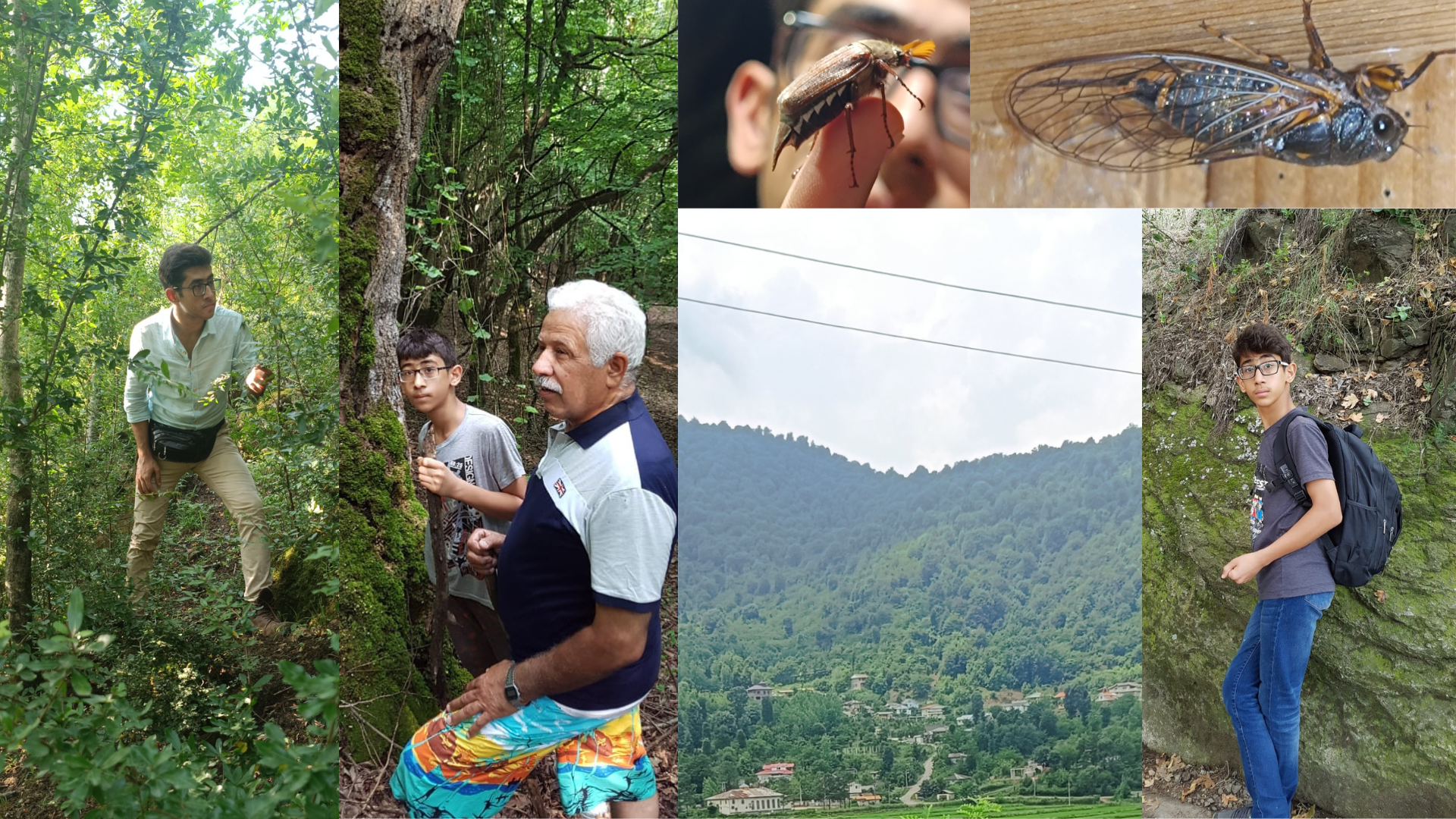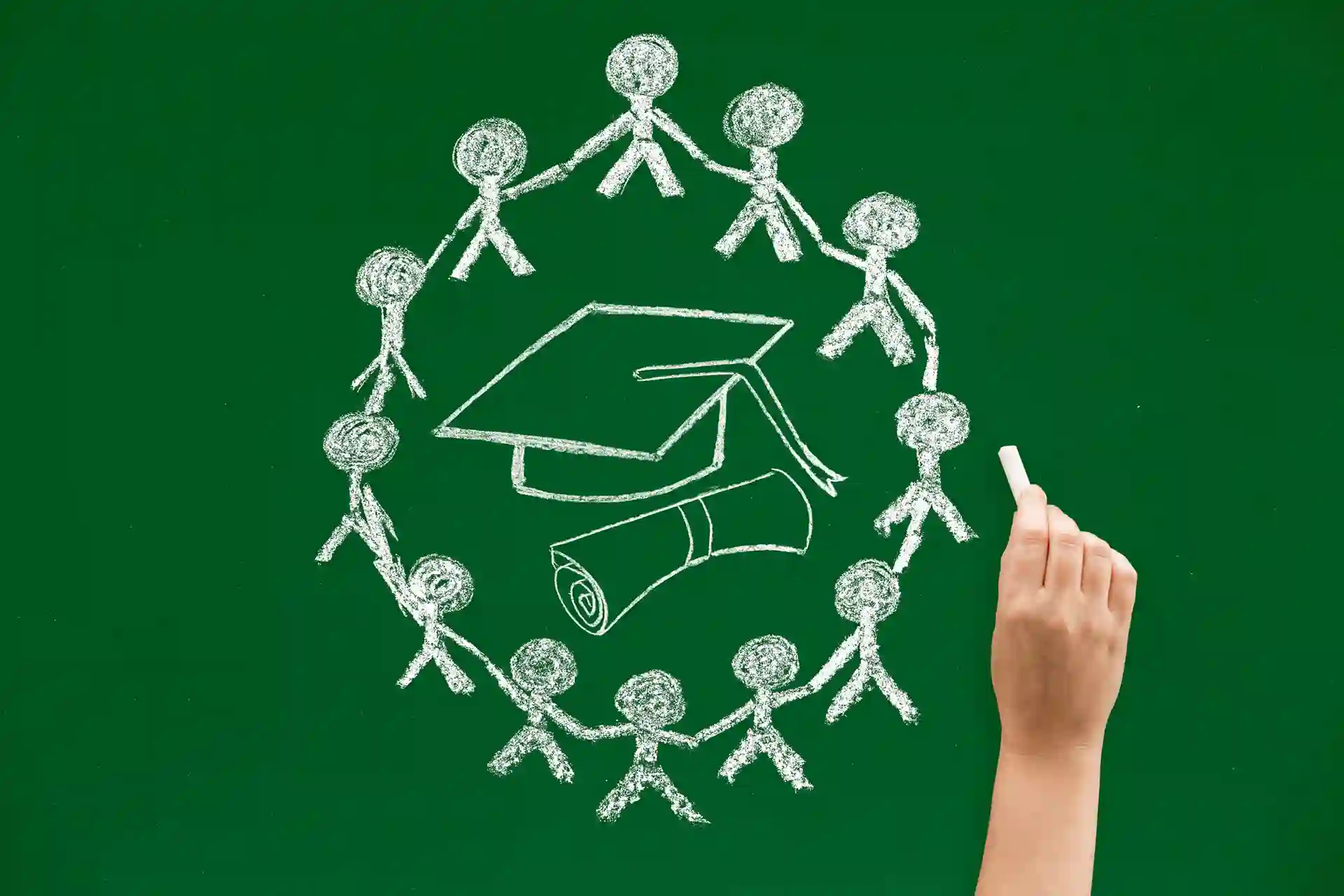Now that I have been on this journey for a while, it's crystal clear that personal struggles of mine ended up sparking a much bigger vision for change. I spent my childhood in a congested slum in the heart of Delhi: life was always an uphill battle. We had blistering heatwaves, constant water shortages, and the harsh reality of living in one of the most polluted cities in the world. These challenges were not only painful but life-threatening as well, especially for someone like me who has a life-long disability.
There was one particular heatwave that really stood out. It felt as if the sun never changed position. It seemed it never abandoned its place in the skies. The air was heavy and oppressive. Our home became an oven; the local water ran dry. Mother's chronic afflictions began to aggravate, she became dehydrated and was in pain, and her condition became almost unbearable. For me, it was an enormous challenge, even just lifting a glass of water—my dyspraxia made such simple tasks extremely hard. It then dawned on me how climate change affects individuals with disabilities.
That time was a wake-up call, not just surviving the heat but discovering how little anyone was talking about the challenges that people with disabilities were facing during the climate crisis. Here I was, just muddling through, while feeling that those voices of ours are missing in the bigger conversation. It was really clear to me: if we're ever serious about tackling climate change in a fair way, we have to bring on board the people affected the most.
That is when I decided to start ‘Green Disability’. It is a grassroots initiative focused on pushing for climate action that includes people with disabilities. Our mission is simple: Make sure the discussion of climate and urban planning takes on board our needs. We have grown into a group of over 600 members, and our newsletter hits more than 7,000 people. Green Disability is not just an organization; it's also a movement, as we want to convey to everyone that the climate crisis is everybody's issue, and you cannot talk about sustainability without talking about accessibility and inclusive climate action.
As a large minority in the world, people with disabilities/neurodivergent individuals/chronically ill people should be key stakeholders in developing climate solutions; climate justice is impossible without disability justice. We share our stories through our platforms, highlighting various challenges and potential solutions to the unique problems people with disabilities face in a changing climate.
Documenting these issues is the focus of our main project: we are going to document the lives of disabled people in areas where climate change is most impactful, recording their stories as well as the struggles they undergo. We believe this will be instrumental in raising awareness about how much goes on and what is needed for change.
Another major effort is to decompose complicated research. We interview experts, take their findings and simplify it for everyone's clarity, ensuring that all critical information can reach all of us. We are trying to bridge the complex science with the daily realities of disabled people in a manner that allows us to use that knowledge to push for solutions that work for all of us.

.jpg)




Comments